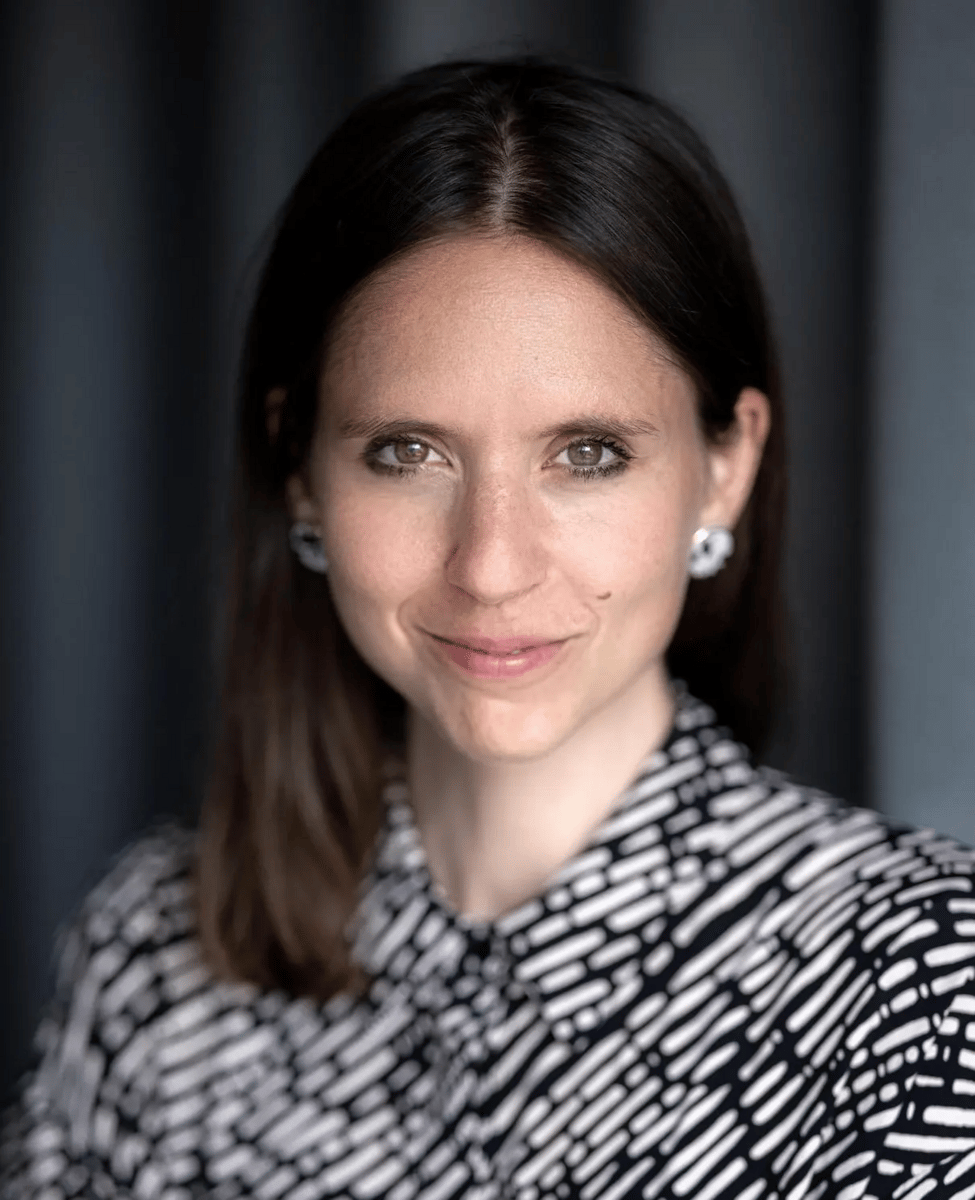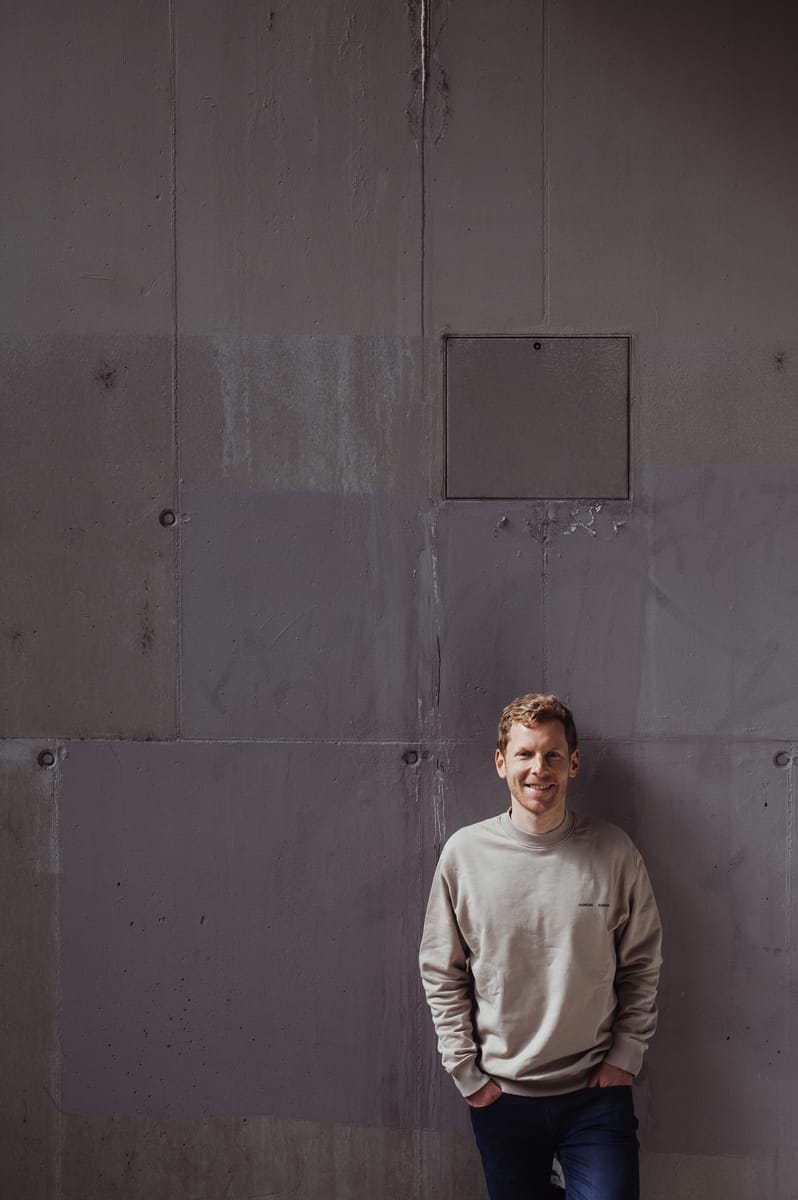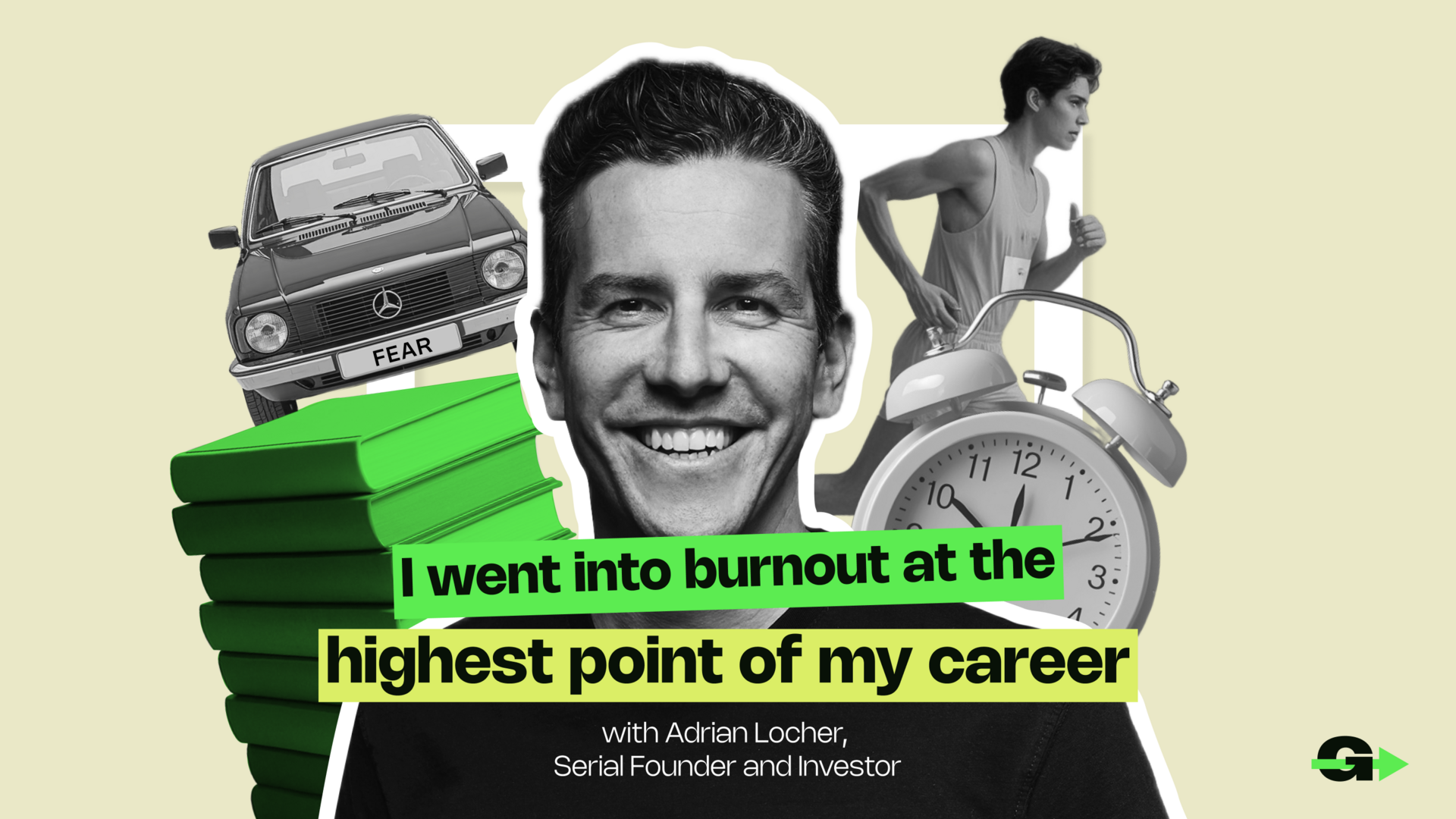Dear hustlers, founders, operators and visionaries,
When Elvis Nava left the lab at ETH Zurich, it wasn’t because the research was done, it was because the research couldn’t happen without a startup. In this episode, we follow the path of Mimic Robotics, a company fusing cutting-edge imitation learning with dexterous robotic hands built for the real world. What begins as a deeply technical PhD evolves into a rare kind of European robotics company: one with a foundational ambition, a powerful co-founder trio, and a now-oversubscribed $16M seed round.
This is a story about momentum. About defying the European tendency to wait until it’s perfect. About building in public, throwing world-class hackathons with OpenAI, and scaling up before the systems are fully polished. Exclusively for our newsletter subscribers, Elvis has shared additional insights below.
In the meantime: Follow the Gradient and stay tuned!
PS: Has this e-mail been forwarded to you? Sign up here.
How to build a robotics company
What you will get out of this episode
In our conversation, Elvis shares:
How to identify when your research must become a company
Why building general-purpose robotics demands new hardware and new mindsets
How to raise a European seed round by acting like a $10B company
Why ecosystems, hackathons, and public engagement matter more than stealth
and much more!
From our Partners
Proton Mail gives you a clutter-free space to read your newsletters — no tracking, no spam, no tabs.
Our main take away’s
The best research sometimes demands a startup to even exist: Elvis Nava’s realization was unique—his work on imitation learning for dexterous manipulation couldn’t succeed within the confines of a lab. The research required a real-world loop, and the only way to create that loop was through a company.
Building the future means letting go of perfect: Unlike traditional robotics, Mimic’s AI-driven systems thrive in messiness. Scrappy implementation isn’t a weakness—it’s a necessity for collecting data and iterating fast. Their approach flips the script on the "done is better than perfect" mantra by applying it not just to software, but to robotics itself.
Ecosystem building is strategic, not extra: Mimic’s investment in hackathons and community events—partnering with OpenAI, Hugging Face, and Mistral—wasn’t a distraction from company building; it was company building. By showing up and building in public, they attracted talent, investors, and validation for their broader vision.
Ambition needs timing, not permission: Mimic’s $16M seed round came not after years of traction, but through bold positioning and a refusal to undersell. The founders didn’t wait for full product-market fit to emerge—they acted decisively at the right moment and found investors ready to bet on foundational technology.
Additional material on the topic
ETH AI Center Doctoral Fellowship (Deadline for next batch: Nov 7, 2025)
Want to join mimic’s journey? Find here their open positions.
How to reach out to Elvis
Exclusive from Elvis
What’s the one decision or process you’d repeat exactly the same way if you had to build Mimic again from zero?
One thing I would do exactly the same way is going out of our way to show our tech in person and in general outside of our immediate local surroundings. Apart from this, not many things I would do exactly the same way (but also not many things I would do completely differently).
What’s one concrete step that helped you turn your research into a product people actually wanted, something any technical founder could copy tomorrow?
Setting ourselves hard deadlines coming from external customers relatively early on in development helped us shape what we do in the direction of useful industrial tasks that are actually needed in the real world. Otherwise the risk was that of just becoming the tenth company solving shirt folding with end to end models.
When you look back at your seed round, what would you tell other deep-tech founders to prepare before even contacting investors?
If you are in deep tech, you need to build personal relationships with investors and local ecosystems very early on before your fundraise. You need to get out there, co-host and participate in events, “be known”. You of course need to execute like crazy at the same time, but you can’t just build in private, unless you’re already a celebrity.
What is success for you?
Success is when we are on a real trajectory towards fully automating physical labor.
What books, podcasts, articles inspired you?
My fixation on post-scarcity and automation has definitely been inspired by reading The Culture series from Iain M. Banks. As for non-fiction, I’ve always found the blog post / newsletter format to be much more information dense than papers or books (some examples across disciplines: Rich Sutton, Ethan Perez, Ferenc Huszár, Eric Jang, Andrej Karpathy, Matt Levine).
What’s one advice, founders should actually ignore?
I don’t know if it’s a European phenomenon, but I’ve lost count of how many people asked me to “downsize” the vision for the company. I would much rather let reality do that for us rather than doing so preemptively.
What are habits, activities or rituals that keep you sane (while scaling your business)?
Watching tons of instagram reels and other short form content right before going to bed. Jokes aside, I’ve picked up DJing, which is really fun and also allowed me to host better company parties.
What is one “growth hack” that has a positive impact on the company?
Free Mate at the office, a very nice productivity boost!

Follow the Gradient is a weekly newsletter and podcast by the serial founders Melanie Gabriel & Christian Woese about how to build a business from Europe while staying sane.











